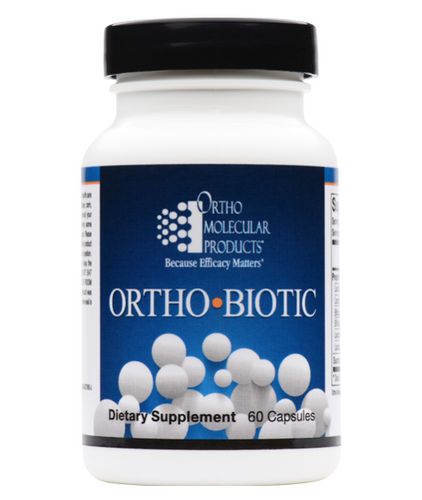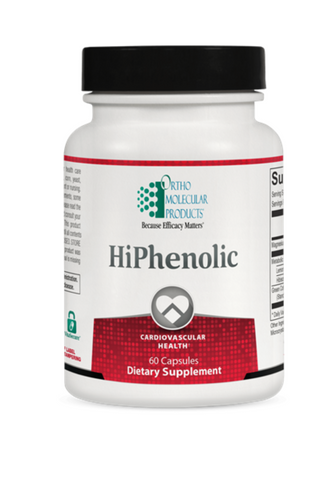2 capsules per day or as recommended by your health care professional
Alpha Lipoic Acid
Alpha lipoic acid (ALA) is a nutrient required for cellular metabolism, specifically the breakdown of carbohydrates and fatty acids. ALA has been shown to support healthy blood sugar balance by activating an enzyme called adenosine mono-phosphate kinase (AMPK), a major regulator of cellular energy. AMPK coordinates both long-term and short-term metabolic changes, leading to an improvement in energy production and a reduction of energy storage. AMPK activates cellular metabolism by improving insulin sensitivity, downregulating genes involved in fat storage and activating genes involved with burning fat. A study using a dose of 600 mg/day of ALA over three months demonstrated that ALA helps support healthy lipid levels while improving oxidative stress (reducing free radical damage) by 38%. An additional study examining the effects of ALA on 74 subjects found that within the four-week, placebo-controlled trial, administration of 600 mg of ALA per day significantly enhanced glucose transport and utilization. ALA is also a potent antioxidant. It scavenges free radicals while aiding in the regeneration of the body’s antioxidants including vitamin C, vitamin E and glutathione. Through its antioxidant-boosting mechanisms, ALA helps maintain healthy blood vessel and circulatory health.
Cinnulin® (Cinnamon Bark Extract)
Numerous studies have demonstrated that cinnamon has a beneficial effect on maintaining healthy blood sugar levels. Cinnamon acts by inhibiting several enzymes that play a role in insulin resistance leading to an increase in insulin sensitivity. Diaxinol contains Cinnulin®, which is made using a patented process that extracts the water-soluble components of cinnamon into a potent 20:1 extract (500 mg of Cinnulin® is equivalent to approximately 10 g of whole cinnamon powder). Cinnulin® is standardized to contain doubly-linked polyphenol type A polymers, the bioactive component which has been shown to be effective in clinical trials. In a study examining the effects of Cinnulin®, 24 men and women were given 250 mg of Cinnulin®, or placebo, twice per day. Cinnulin® helped to maintain healthy blood sugar levels in 83% of subjects in the treatment group, compared to 33% in the placebo group. Cinnulin® has also been shown to support healthy body composition by increasing lean body mass while reducing body fat. An additional study examined the effects of 6 g of cinnamon on glucose levels in subjects consuming 50 g of carbohydrates (instant farina cereal). The researchers found that the addition of cinnamon to cereal helped to improve glucose response measurements during the 15, 30, 45 and 60 minutes following the carbohydrate challenge.
Chromium
Chromium is a critical piece in the molecule glucose tolerance factor (GTF), a complex shown to be crucial for the uptake of glucose into the cells. Studies using 1,000 mcg/day of chromium have demonstrated that chromium helps maintain healthy blood sugar balance, insulin sensitivity and blood lipids. In a study examining the effects of nutrients on blood sugar and lipid regulation, 43 patients were given 600 mcg of chromium along with 2 mg of biotin per day, or placebo. After four weeks, the combination of chromium and biotin was found to have a significant effect on supporting healthy blood sugar balance, while helping to maintain healthy triglyceride and high-density lipoprotein (HDL) cholesterol levels in the treatment group.
Biotin
Biotin is a B vitamin that plays a major role in energy production by acting as a coenzyme for several carboxylase enzymes involved in the metabolism of fatty acids and amino acids. Biotin also plays numerous roles in maintaining healthy blood sugar balance such as, stimulating glucose-induced insulin secretion, enhancing insulin sensitivity and accelerating glucose metabolism in the liver and pancreas. Biotin also activates glucokinase, a critical enzyme involved in glucose utilization. Additional research has found that biotin supplementation increases the number of insulin secreting beta cells in the pancreas.














